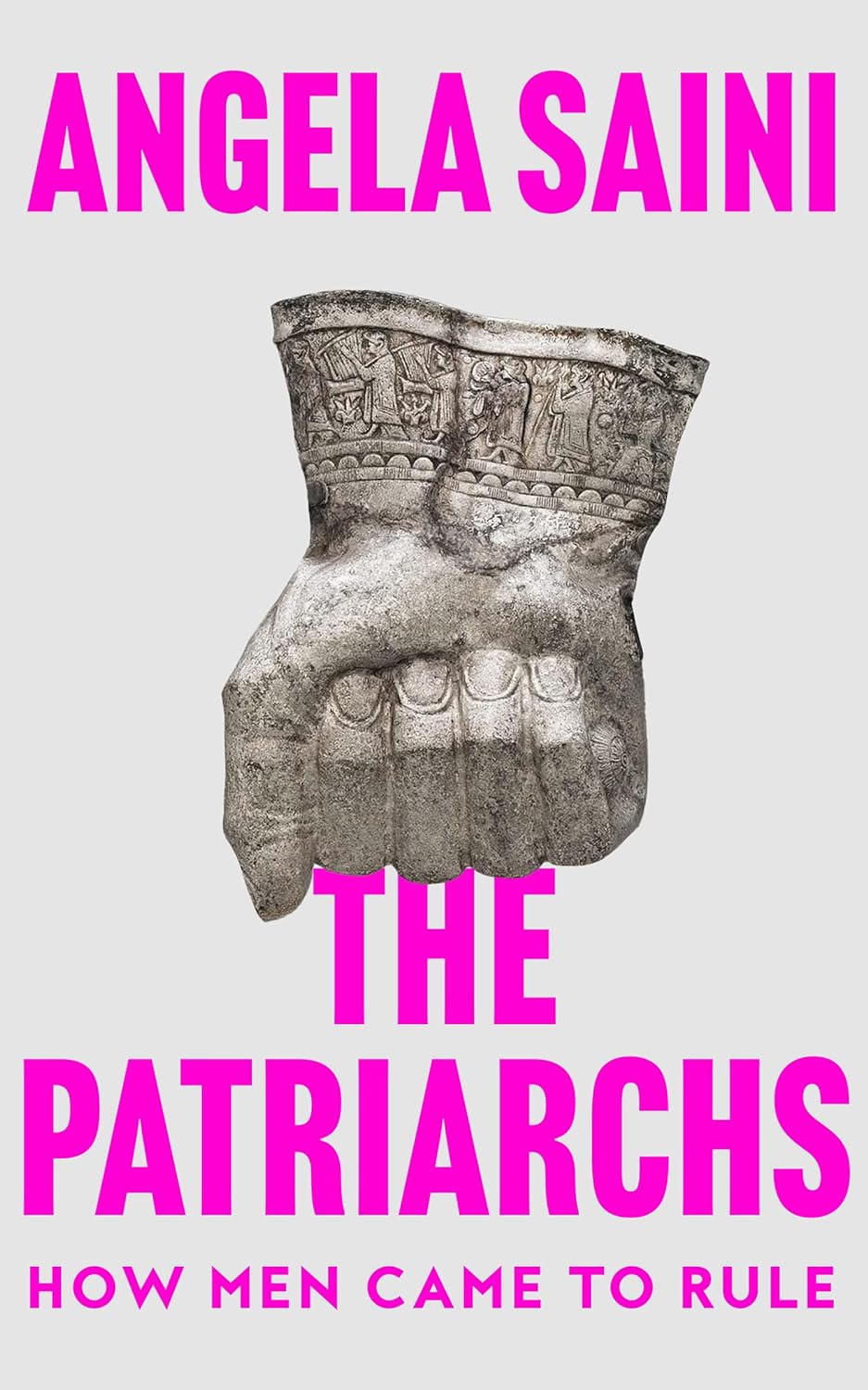Livre broché, 320 pages
Langue : English
Publié 8 mai 2023 par HarperCollins Publishers Limited.

Livre broché, 320 pages
Langue : English
Publié 8 mai 2023 par HarperCollins Publishers Limited.
‘I learned something new on every page of this totally essential book’ Sathnam Sanghera
‘By thinking about gendered inequality as rooted in something unalterable within us, we fail to see it for what it is: something more fragile that has had to be constantly remade and reasserted.’
In this bold and radical book, award-winning science journalist Angela Saini goes in search of the true roots of gendered oppression, uncovering a complex history of how male domination became embedded in societies and spread across the globe from prehistory into the present.
Travelling to the world’s earliest known human settlements, analysing the latest research findings in science and archaeology, and tracing cultural and political histories from the Americas to Asia, she overturns simplistic universal theories to show that what patriarchy is and how far it goes back really depends on where you are.
Despite the push back against …
‘I learned something new on every page of this totally essential book’ Sathnam Sanghera
‘By thinking about gendered inequality as rooted in something unalterable within us, we fail to see it for what it is: something more fragile that has had to be constantly remade and reasserted.’
In this bold and radical book, award-winning science journalist Angela Saini goes in search of the true roots of gendered oppression, uncovering a complex history of how male domination became embedded in societies and spread across the globe from prehistory into the present.
Travelling to the world’s earliest known human settlements, analysing the latest research findings in science and archaeology, and tracing cultural and political histories from the Americas to Asia, she overturns simplistic universal theories to show that what patriarchy is and how far it goes back really depends on where you are.
Despite the push back against sexism and exploitation in our own time, even revolutionary efforts to bring about equality have often ended in failure and backlash. Saini ends by asking what part we all play – women included – in keeping patriarchal structures alive, and why we need to look beyond the old narratives to understand why it persists in the present.